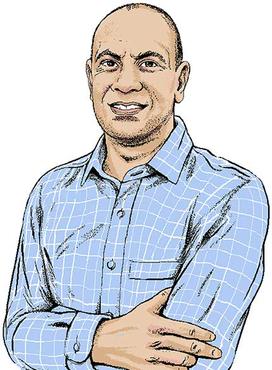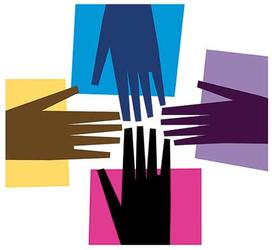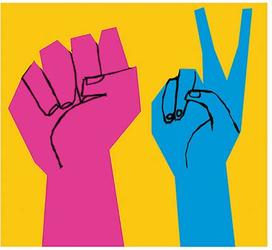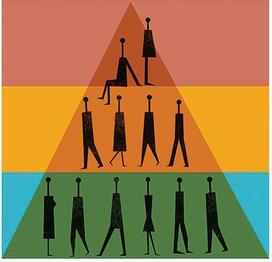What Brings Black Americans Together in Politics?
Behind the Research: Professor Ismail White, politics and public affairs

“That was a big influence for me,” says White, who went on to earn his Ph.D. in political science from the University of Michigan. A professor of politics and public affairs at Princeton, White focuses on issues of race in politics, specifically on what factors underlie the political cohesion of Black Americans, including social pressures and socioeconomic differences.
White’s Work: A Sampling

UNITED WE STAND What accounts for the strong Democratic cohesion among Black Americans? In 2012, White’s research team offered Black college students $100 to donate to organizations that would support either President Barack Obama (D) or Mitt Romney (R); nearly all contributed to Obama. When students were offered money to donate anonymously to Republican-leaning groups, Democratic donations dropped by nearly half. But levels returned if donors’ names and choices would be published in the school newspaper. In Steadfast Democrats: How Social Forces Shape Black Political Behavior, White and his co-author argue that this social pressure was formed — and persists — to solidify a marginalized group so that together the members can enact political change.

ANGRY POLITICS What drives Black Americans to participate in different forms of political engagement, such as protesting? White’s research team found that when participants were asked to write about a racialized experience that made them angry, they were more likely to donate afterward to Black causes and “more likely to seek out ways of empowering the race.” These results, presented in the award-winning paper Black Politics: How Anger Influences the Political Actions Blacks Pursue to Reduce Racial Inequality, point to anger as “a particularly effective tool for getting Black Americans to engage in costly political behavior, in their effort to bring about some group benefits.”

REPARATIONS? White’s current project will examine Black Americans’ varying levels of support for slavery reparations. “I’m interested in using the research as a tool for understanding the class differences that exist among African Americans,” he explains. “One of the proposals is a reparations policy that would only affect lower-income African Americans, for example. What does African American support for a program like that look like? Does that create division?” The goal will be to “understand where the group homogeneity starts to break down,” he says, so reparation policies can be designed to maximize support.









No responses yet